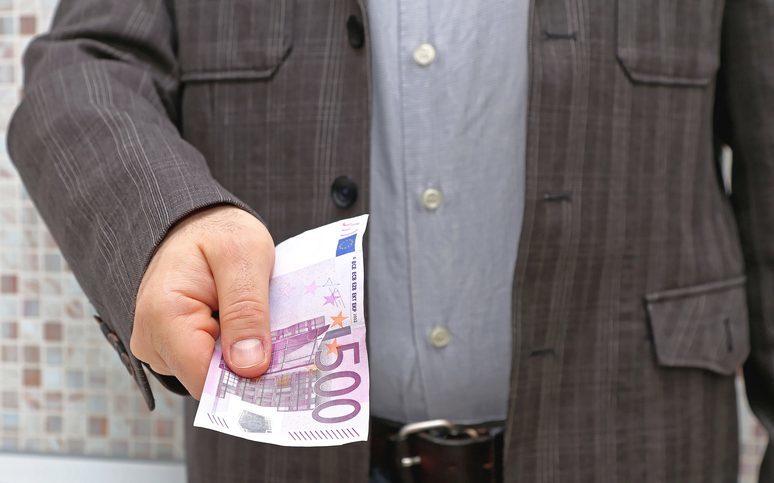
You may be better off asking a man rather than a woman for help if you need to borrow some cash, a study suggests.
Mobile payments service Paym found evidence that men were more likely than women to feel comfortable lending money if their partner, friend or work colleague was caught short.
Nearly two-thirds (63%) of men would be happy to lend money to a close friend, compared with just over half (52%) of women, Paym found.
And one in 10 (10%) women would feel uncomfortable lending cash to their partner, compared with less than one in 20 (4%) men.
Men were also around twice as likely to feel comfortable about lending money to work colleagues, with 21% being happy to do so, compared to 11% of women.
But when it comes to helping out relatives to tide over their finances, women appear to be around as likely as men to lend money, with 70% of women feeling comfortable lending money to family members – slightly more than the 68% of men who would be comfortable doing so.
One reason why women may be more reluctant to lend money to non-family members could be that men tend to be more up-front when it comes to asking for their money back.
Overall, women were found to be twice as anxious as men when asking for money back, with 16% of women feeling anxious versus 8% of men, and nearly one in four (24%) women would feel embarrassed compared with 18% of men.
The research involved more than 600 people and psychometric testing was carried out to discover people’s psychological reactions and associations with borrowing money.
The Paym mobile payments service, which allows people to send and receive money as easily as texting, was launched in April 2014 and it is now available for those who want to use it on more than nine out of 10 current accounts.
More than three million people have registered their mobile number so far to receive payments via Paym.
READ MORE
Higher-earners upping spending on holidays and dining
Keeping secrets about money can put a strain on your relationship

Enjoy the convenience of having The Sunday Post delivered as a digital ePaper straight to your smartphone, tablet or computer.
Subscribe for only £5.49 a month and enjoy all the benefits of the printed paper as a digital replica.
Subscribe